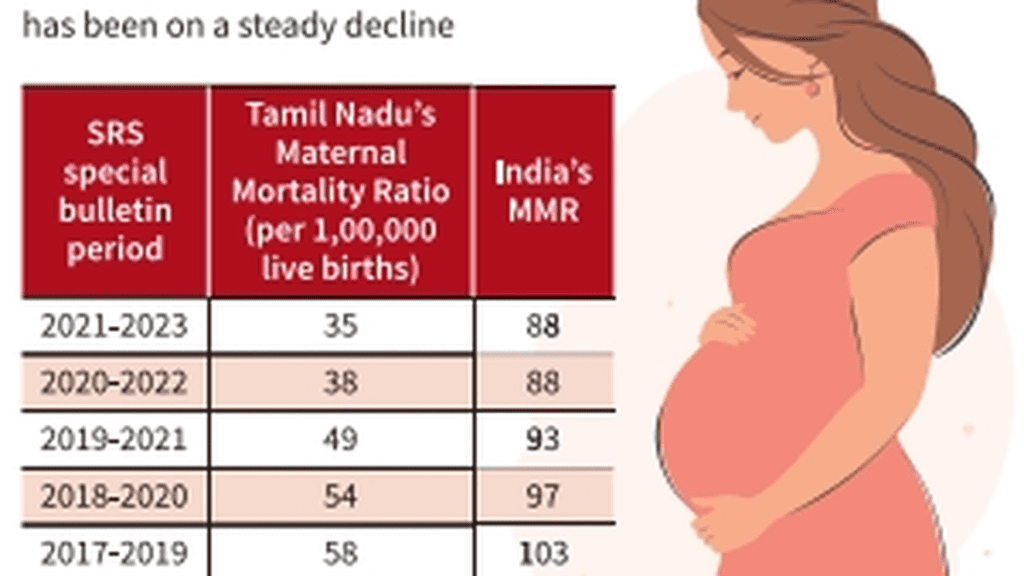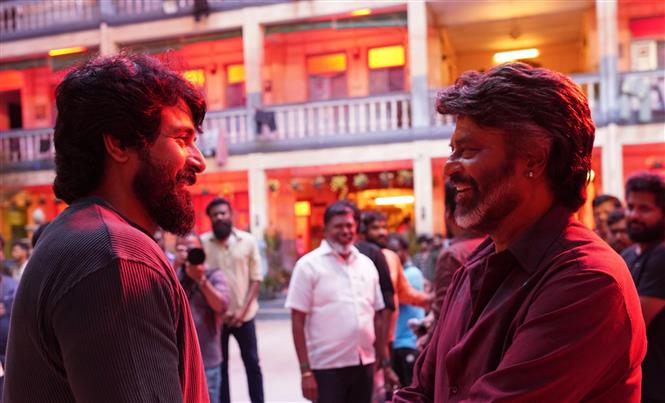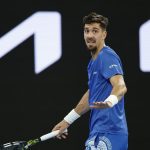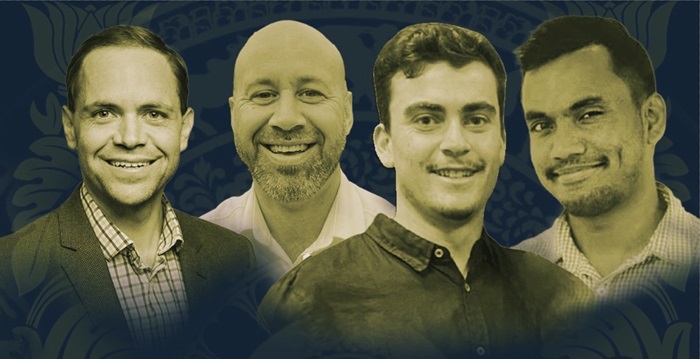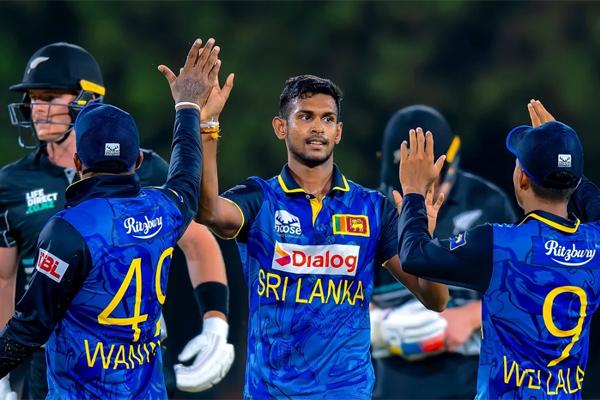Busting myths in the world of sport science
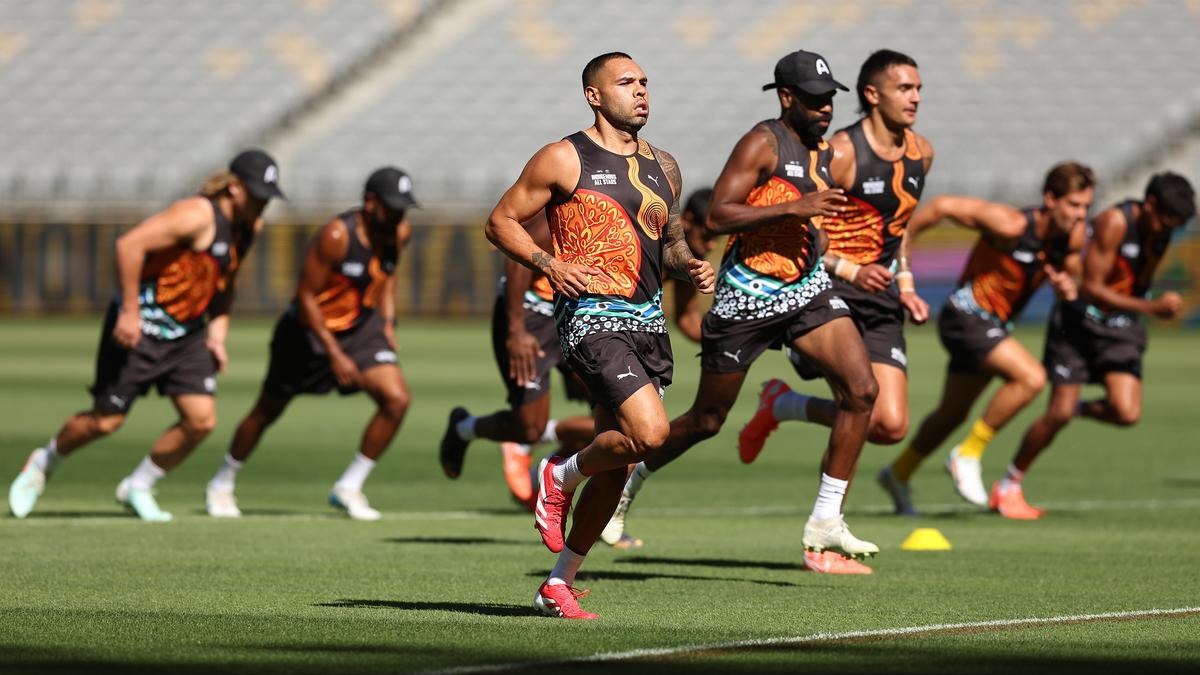
Busting myths in the world of sport science
Over the past 30-plus years of coaching, I’ve been blessed to meet many coaches from around the globe, each with a rich tapestry of backgrounds, experiences, and achievements. Reflecting on this journey, I shall share the 10 most misunderstood topics and headlines that I’ve discussed over the years with many legendary coaches in the world of sports science.
We have all heard this statement many times — from skill coaches to parents and many itinerants — however, it’s not as simple as that. Yes, talent helps, but all things being equal, mental resilience can be the key factor in securing victory on the big stage. Similarly, ‘robot’ athletes who fail to communicate will ultimately never reach their full potential. My coaching experience has taught me that an athlete with average talent, but a strong mind and perseverance, can indeed outperform a disconnected super-talent on the day.
This is a completely false narrative. Even in professional teams today, what suits a successful player is often followed by others, regardless of their own shortcomings.
This approach has repeatedly led to disaster, as many are now witnessing. It is crucial to understand that not all athletes can tolerate the same load. Instead, coaches must assess an athlete’s capacities before testing their thresholds.
Working with intelligent categorisation and bandwidths is highly effective. It’s no secret that much of our individual programming is done randomly under the guise of ‘out-of-the-box’ thinking — this is sheer incompetence in an attempt to be different. It’s a no-brainer for S&C coaches to adopt and adapt accordingly.
This is perhaps the most dangerous attitude in vogue today, fuelled by social media and personal branding. Nobody will ever know it all. Without any window dressing, India remains far behind the curve in sports science and allied fields. The more you learn, the more you realise how little you actually know. A willingness to express your point of view and be challenged is essential.
Obscure, myopic thinking is not the sign of a successful S&C coach. Self-branding makes it even more difficult to keep an open mind — ‘my way or the highway’ is not the right approach.
Programming is constantly evolving and morphing with each specialised athlete. Evaluation and peer reviews are constant and never-ending. Listening is a process that enlightens and challenges me to keep learning.
An ideal life should have a combination of practice and theory. Theoretical knowledge is non-negotiable for a robust foundation, but ultimately, there is no substitute for hands-on experience in developing expertise in coaching.
If you want to stand out as a coach, train a range of athletes at varied levels and challenge yourself in unorthodox settings. A master coach is someone who has produced results consistently over time at various locations, with various athletes, at various ages and stages of development.
Where theory meets practice there lies success. Talking theory till the cows come home may be good for a classroom presentation, but practical application needs to be innovative according to the skill, athlete, situation, and needs. There seems to be a huge missing link here.
Foot strike is entirely velocity-dependent. Sprinting mechanics and foot strike velocity to the ground are totally different from walking, so why are athletes still taught running mechanics drills at walking speed? The ball-of-the-foot paradigm is baffling. Where is the adaptation?
Many athletes seldom know how much is enough because they have always done too much. It’s the critical job of the coach to be a caretaker rather than a slave driver. Similarly, some athletes have limited concentration capacity. Avoid being redundant in both communication and loading principles. What we say, and how we say it, matters a lot in effective implementation. As coaches, the words we use are like sets and reps — they must serve the purpose they are designed for.
Cues have a validity period and are like food — you need to change them often in line with the needs of an athlete specific to skills and other requirements. For example, some athletes feel the muscle working in a particular angle and range, while others do not — cue accordingly. Communicate in a way that makes sense to your athletes, not just in a way that makes sense to you.
Athletes are the ultimate performance variable, not your programme. Empathy is one of the greatest qualities a coach can have — it is not a weakness. The job of a coach is to connect people with purpose first, without ulterior motives. Focusing merely on the science and workload will not produce championship-winning performances.
Strengths are what make an athlete great and lead to winning. Focusing solely on their weaknesses can impede confidence and annihilate performance. Gradual progression, adaptation protocols, and benchmarks are much more influential than rigid timeframe setting — never rush to ‘clear’ weaknesses. Keep strengths really strong and progressively address weaknesses through proper processes and protocols.
This is a total misnomer. Time and time again, athletes have set and broken world records that once seemed humanly impossible. Many of these athletes have never been to a sports science centre or trained at cutting-edge facilities.
This is a false excuse for underperformance and avoiding responsibility for failure. People use facilities as an excuse when, in reality, it is a failure of creativity. I have personally seen athletes thrive in world-class scenarios without proper access to facilities, nutrition, or other paraphernalia.
Having sports science is an excellent tool for peak performance, but many athletes have also proven otherwise. There is a saying in Tamil: for a mighty warrior, even a blade of grass is a deadly weapon to strike or defend.



